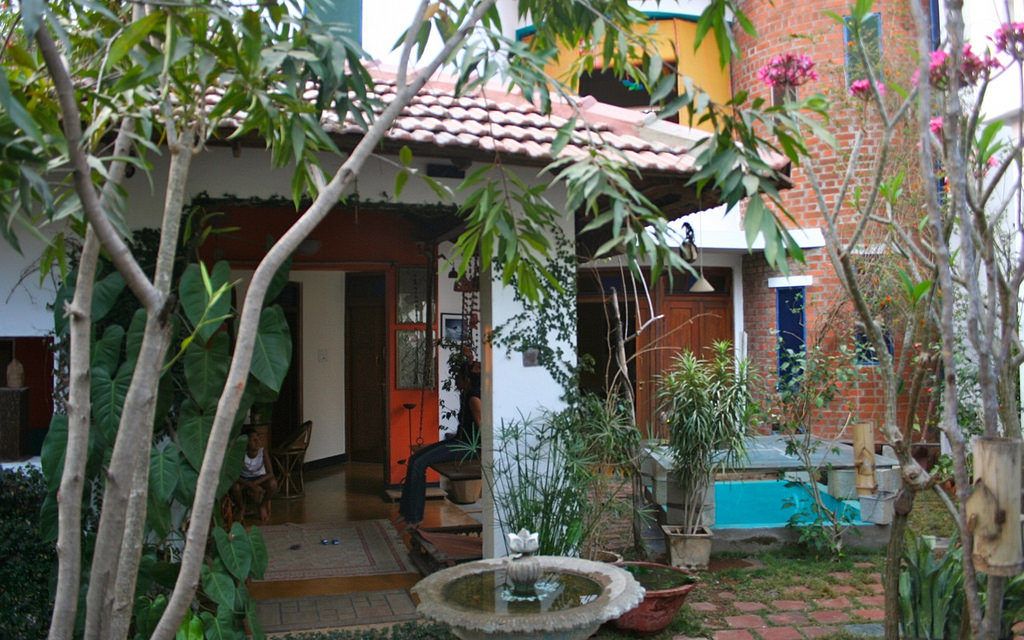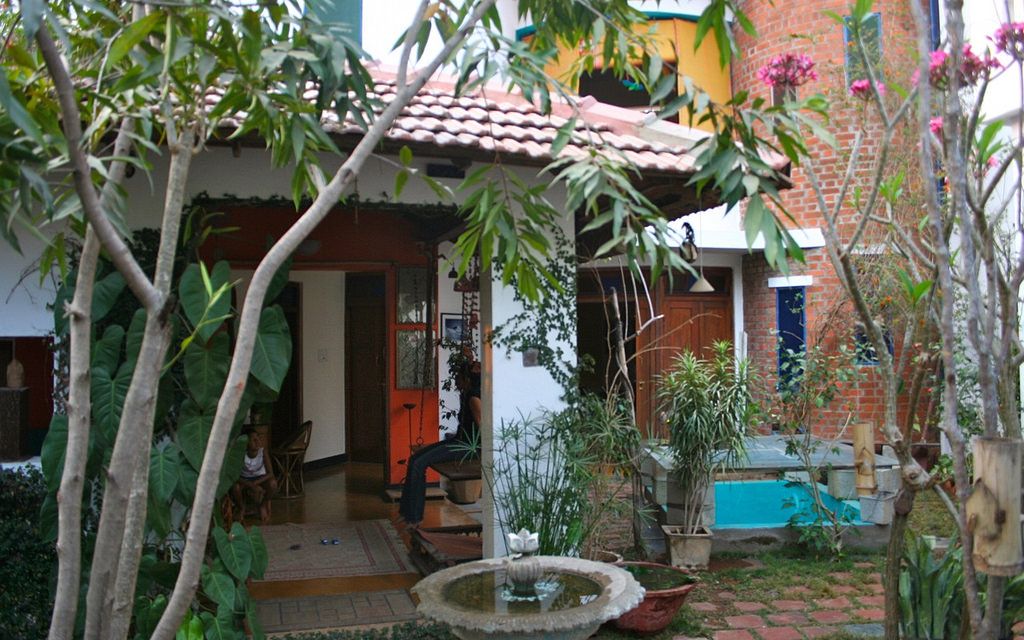Are you considering renting? What are your reasons? Maybe you like the transitional feel and the relative freedom it gives you to relocate. Or perhaps you enjoy that renting won’t tie up a large chunk of your available funds. But there may be yet another benefit to renting.
Could renting also be a more eco-friendly housing option?
The Downsize Advantage
Hand-in-hand with the notion of transition, downsizing can be both therapeutic and energy-efficient. Start by taking stock. What items have you been holding on to for no apparent reason? Donate them or sell them in an online marketplace.
Can you minimize the things you use regularly? Challenge yourself to take up less space. You’ll be surprised by how much lighter you feel when you release the dead weight of non-essential possessions!
Consistent with downsizing is the act of decluttering. Rental units tend to be small in size, and clutter appears magnified in limited space. Clutter can be stressful — especially if disorganized surroundings compete for your attention.
Shared Resources
Rental communities frequently share common space such as a gym, playground, pool and clubhouse or party room. From decreased energy usage to increased property efficiency, these common areas support green living. Look for facilities that include such amenities. Plus, you’ll appreciate not having to outsource recreation and health services.
Creative Gardening
Finding ways to add green into your living area is another way to make a rental unit more eco-friendly. Balcony gardens are a perfect place to start.
When planning a balcony garden consider that you have both horizontal and vertical space to work with. Porch square footage appears to double if you incorporate hanging plants. Try adding trellises or piled-up pots. After all, who doesn’t love habitually looking out into a sweet overhang of foliage?
Kitchen herb gardens are another option. Do you like cooking with fresh ingredients? Even if you only have room on your counter for a single basket, you can grow a surprising variety of herbs. Container gardening requires minimal upkeep and can easily be transferred, adding to that transitional feel you might be enjoying.
How about a roof garden? In the true spirit of resource-sharing and efficient use of common space, roof gardening checks all the boxes. In fact, most roof gardens are designed and built as part of a community effort.
But first, you’ll need landlord permission and a quick check of variance restrictions. Remember that landlords tend to appreciate and support tenant-action if it adds value. Not only can a roof garden add aesthetic appeal, but green roofs also keep buildings and the surrounding area naturally cool. Just make sure you know exactly what your landlord allows and what they don’t. You could face eviction if you make changes to your rental without your landlord’s consent!
Water Conservation
Whatever type of rental unit you consider, you’ll want it to feel like home. Put your stamp on your place by installing new faucets and shower heads. Just remember not to dispose of the old ones. You’ll need to reinstall them when you move out.
Look for visually pleasing options that conserve water. Whether you pay your own or a community water bill, you’ll feel confident knowing you’re doing your part to preserve and sustain.
Connected Communities
Renting offers numerous solutions to common unsustainable transportation woes. Practical communities are located near convenient bus and train stops. Car-pooling and bike-sharing become much more viable when you live among a group — especially if your neighbors are similarly eco-friendly!
Go ahead, check out rental options and weigh the pros and cons. Chances are you’ll find plenty of eco-friendly choices. And if they could use some sustainability updates, you’ve got that covered too!









